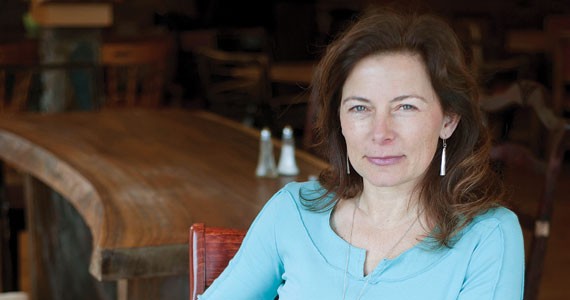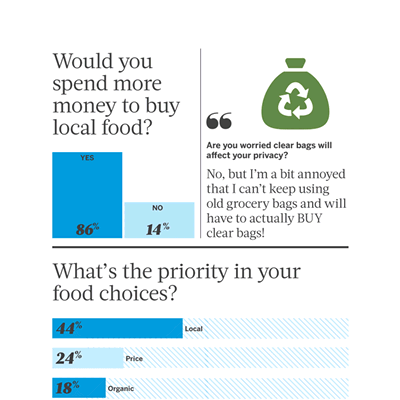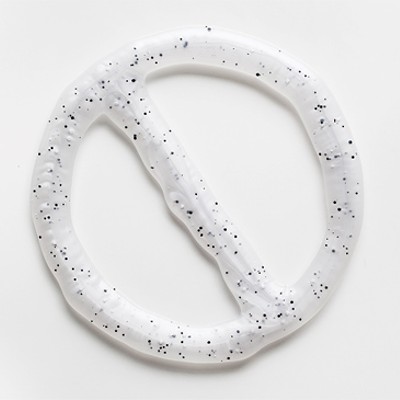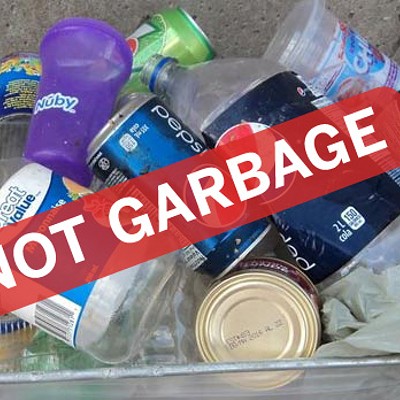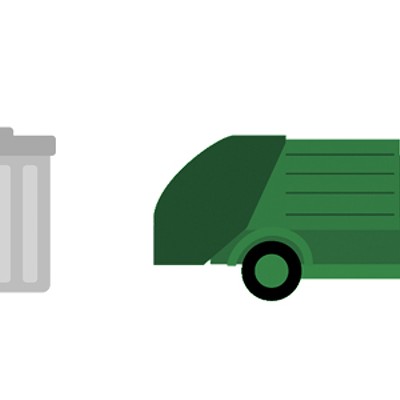Sludge is a great example of onomatopoeia, a word that sounds like the thing it is. Sludge is that sloppy sediment that that contains all of a city’s sewer slurry. It’s not a solid. And while there are still water particles trapped in it, sludge isn’t really a liquid either. It’s sludge.
And with the sordid assortment of substances that go down the drain these days, sludge is scary stuff.
Human fecal matter is just the beginning. Sludge contains heavy metals, pharmaceutical residues (excreted traces of the drugs that so many of us ingest on a daily basis), hospital waste, as well as an extremely spooky array of substances termed Emerging Substances of Concern. ESOCs include personal care products, flame retardants, musks and all the other nastiness that gets dumped down the drain and is then forgotten about.
Data exists to tell us that ESOCs are in sludge, but not yet what impact ESOCs are having on the planet, and to us. Hence sludge is something that should clearly be handled with a great deal of concern and caution.
Jason Hoffman, former Iowan cattle farmer, knows sludge. Hoffman has PhDs in plant physiology and biochemistry, and is now a compost consultant in the HRM. He advocates extreme caution when dealing with sludge, and is definitely not a fan of using sludge, whether it’s raw or treated, for fertilizer.
“The problem is not with the human excrement itself,” says Hoffman. “It’s everything else. Although even if you were just dealing with the human excrement, you still have the not inconsiderable problem of pharmaceutical residues...and the scale is huge. The drug industry assumes no responsibility for that aspect of it.”
Since 2008, greater Halifax’s sludge has been handed over to a company called N-Viro. N-Viro, whose sludge processing facility is located in Aerotech Park, an industrial park near the Halifax Airport, adds a hearty dose of cement dust into the mix, and bakes the whole mess in a kiln. The end product is trademarked as N-Viro Soil, and is sold across Nova Scotia as a fertilizer. N-Viro Soil does contain enough nitrogen and phosphorus to merit being marketed as a fertilizer, but fertilizing properties notwithstanding, applying N-Viro Soil---one of a group of products known commonly as biosolids---to the earth is introducing a mysterious mix of all of the other potentially harmful ingredients it contains right into the soil.
A recent study by the Canadian Council of Ministers of the Environment found that a plethora of pharmaceuticals were turning up in their survey samples of N-Viro Soil. ESOCs with proven cancer-causing track records, such as Bisphenol A, were also present.
“The problem as I see it is that this material just has too many contaminants.” says Hoffman. “When you look at the CCME study, the findings are in nanograms, which is parts per billion. And it’s very easy to dismiss any one of these compounds individually. But collectively there are thousands and thousands. Doing what? We know not.”
The Canadian Horticultural Council and the Canadian Food Inspection Agency are inclined to agree. Their Food Safety Program is a series of guidelines that big buyers, such as Sobeys and Loblaws, utilize when selecting growers to supply their stores with produce. The food safety program does not allow for Canadian produce-sellers to apply municipal waste, N-Viro Soil included, onto crop-growing soil. Imports from out of country, where laws related to biosolids application vary widely, are much more difficult to monitor.
“The concern of our technical working group is with possible chemical contaminants to the biosolids,” says Heather Gale, the national program manager of CanadaGAP, a program linked to the CHC that assists farmers in developing nationwide guidelines and quality standards. “That might be things like pharmaceuticals or even something like personal care products that might get concentrated in the waste.” N-Viro, for its part, claims that N-Viro soil is safe for crop application of all kinds, and that it has the science to prove it. “The only place that it’s not being applied to agricultural crops is fruits and vegetables in Canada, nowhere else in the world,” says Lise LeBlanc, of LP Consulting Ltd, speaking for N-Viro. “And they’re going to re-debate that, because they’ve recognized that it’s not based on science, it is based on what most scientists call the yuck factor...you do have that percentage of the population that regardless, it doesn’t matter if they see science, it doesn’t matter if you show them numbers, it’s gross.”
Heather Gale and the CHC have seen N-Viro’s science, and weren’t impressed.
“So far,” says Gale, “N-Viro has not been able to provide the information that our technical working group is looking for that would put their mind to rest around it. What they’ve shown us has been taken into consideration, but it didn’t satisfy our group in terms of the questions around the studies or what hasn’t been studied.
“A lot of the science that gets thrown around hasn’t been peer- reviewed, and is not published. It’s just something that a company might come up with.”
Lil MacPherson, co-owner of Halifax’s The Wooden Monkey restaurant, is part of a number of food industry entrepreneurs who simply won’t deal with farmers who use biosolids on their land.
“Biosolids is not for the Monkey,” says MacPherson, “and we don’t support that. We support and focus on buying from Nova Scotia farmers, and we will not buy any products that are grown using biosolids. Biosolids is not about recycling, it’s just pollution transfer. It’s not for the future of farmers in Nova Scotia, and we are supporting the farmers that are taking a stand with us.”
Handling society’s refuse, and turning it into something other than toxic poison, is no easy task. Marilyn Cameron, chair of the Biosolids Caucus of the Nova Scotia Environmental Network, admits that the problem stems from social tendencies that need to be re-evaluated.
“It’s going to take a long time to restructure society and get us to be more responsible for what we put down our drains,” says Cameron. “Not everybody’s going to abide by it because not everybody buys into the notion that what we put into our drain ends up back in our food chain. People just can’t make that connect because we are disconnected from how our food is grown.” In the interim, Cameron is securing promises from those that are connected with how our food is grown. She has gathered the signatures of over 400 Nova Scotia farmers who have stated that they will never use biosolids on their land.
Cameron also has a legal opinion on file that municipal governments do have the authority to ban the use of biosolids within their own boundaries if they so want to.
As for Halifax, in response to citizens’ complaints of nasty odours emanating from application sites, the city has issued a moratorium on applying N-Viro soil to municipal property. The results of an upcoming study will clarify the city’s position. Halifax’s sludge, meanwhile, is still being processed by N-Viro, and N-Viro soil is still being sold across the province. Marilyn Cameron implores all Nova Scotians to get educated and get active, and then to sign the Nova Scotia Environmental Network’s online petition at petitiononline.com/NS2010/petition.html.

